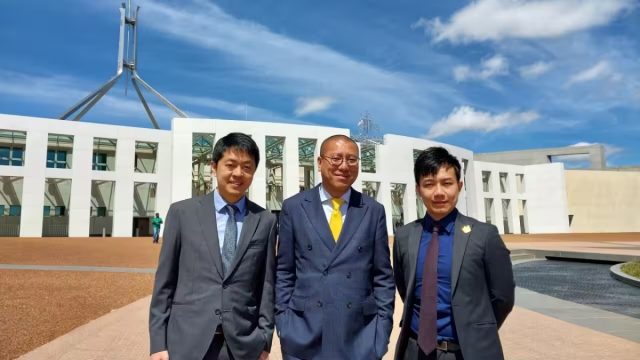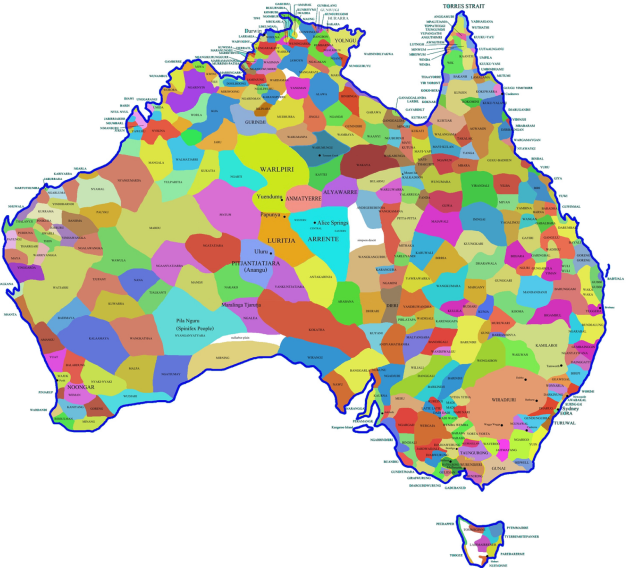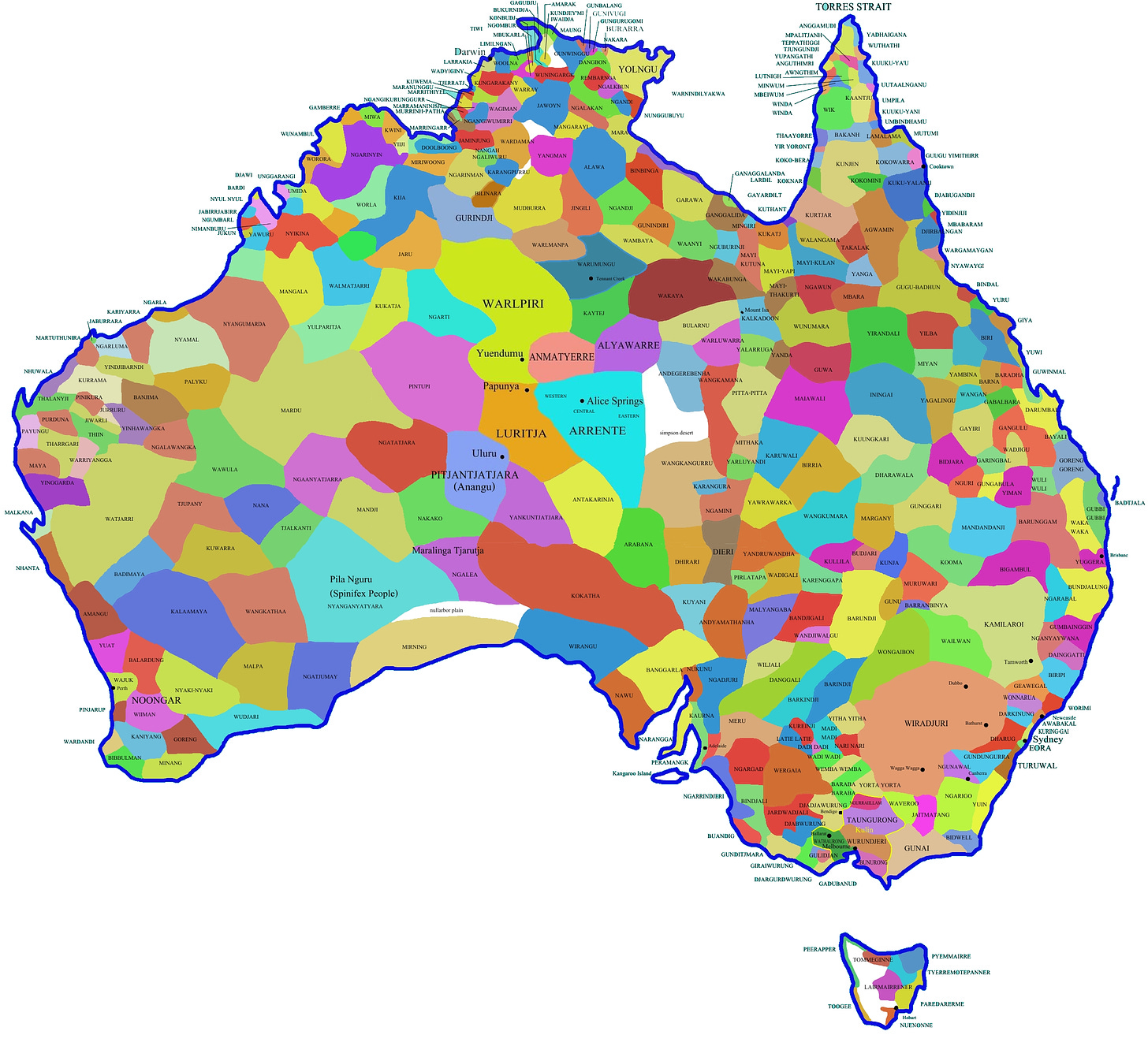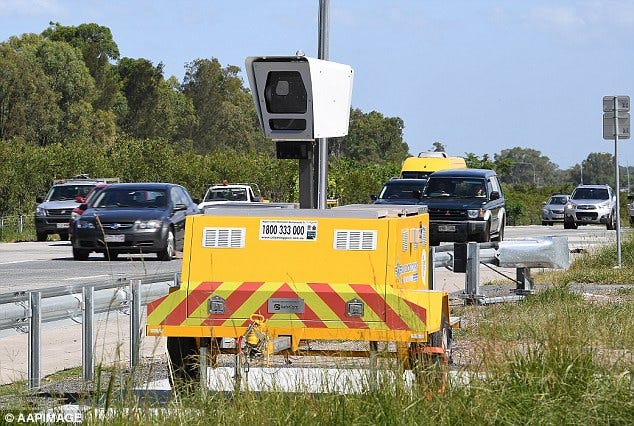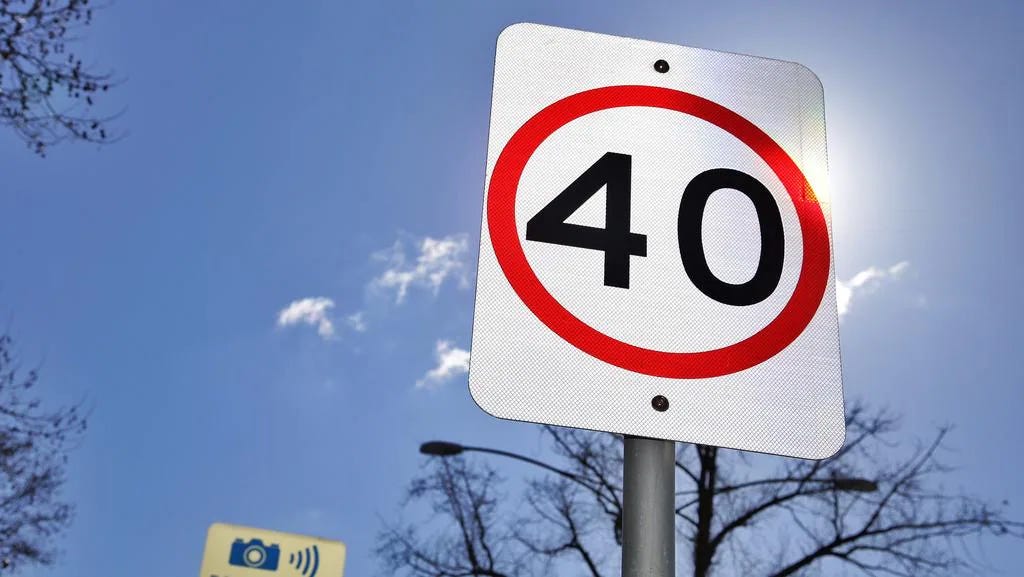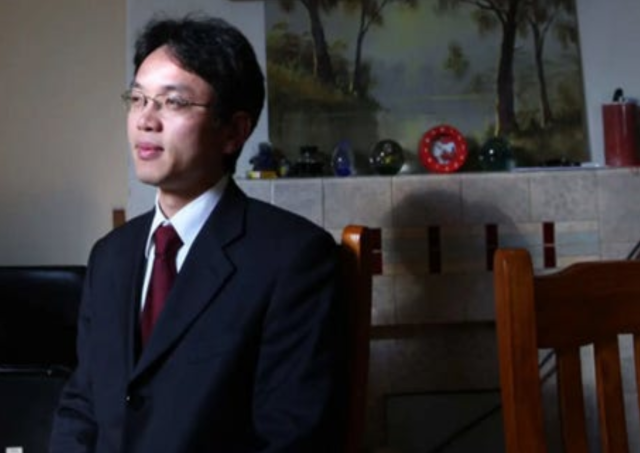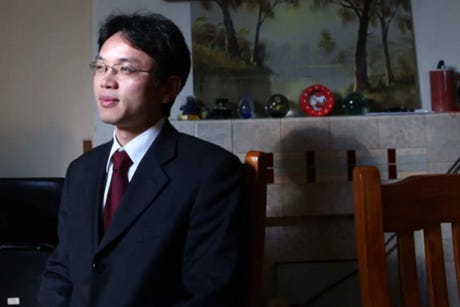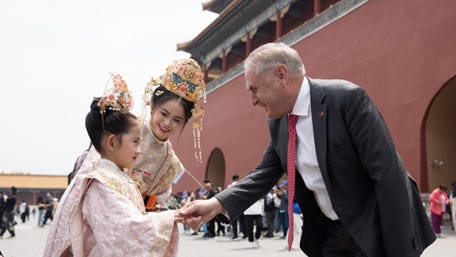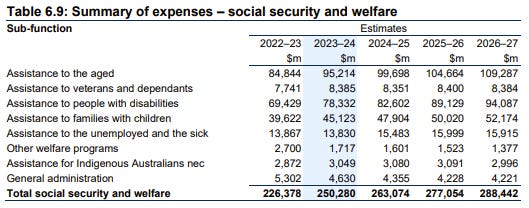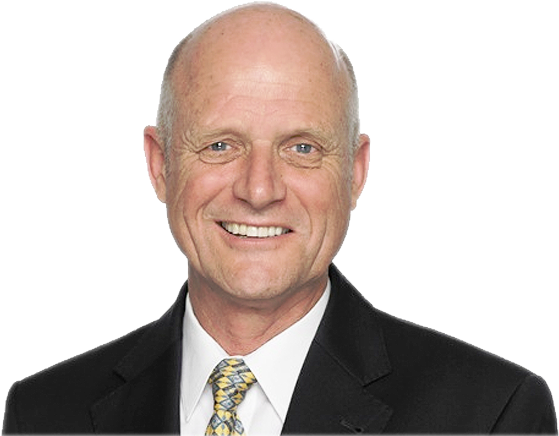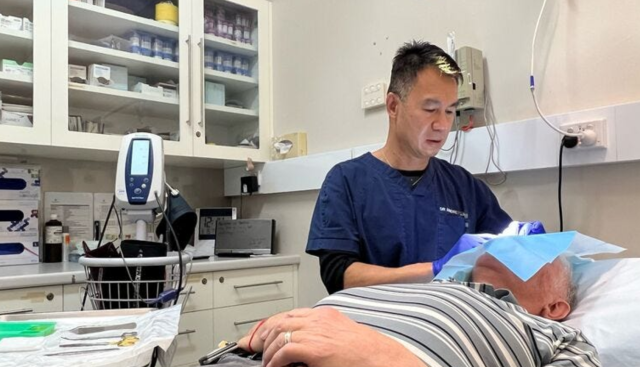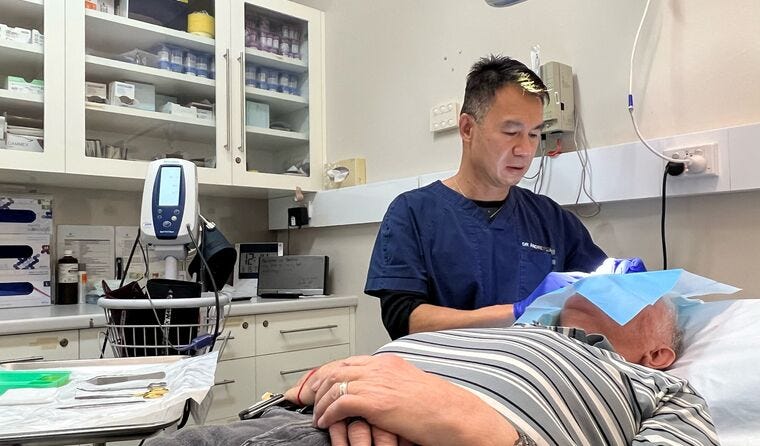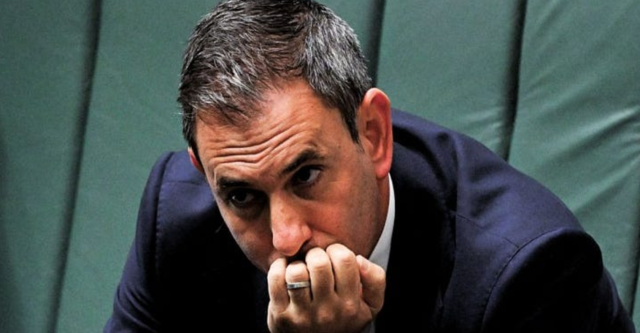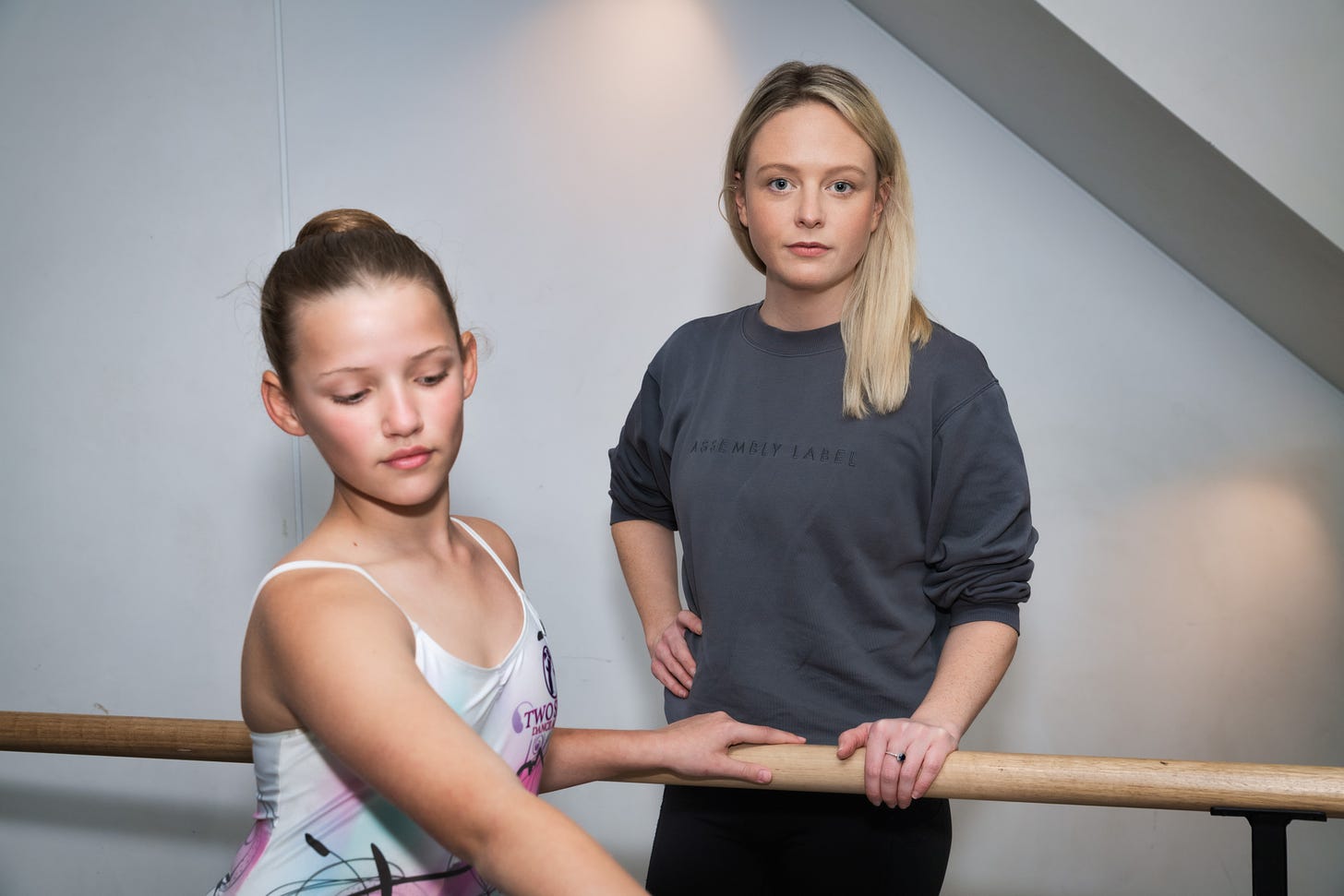Laughing In The Face of Tyranny, $1 Million Bounty On Their Heads
Imagine you lived in Australia and enjoyed a great life. Then the government became tyrannical, you protested for democracy, but an anti-democratic security law was passed and you were intimidated and arrested. Released, you fled to New Zealand and were granted a visa there. But the Australian Federal Police placed a bounty on your head of $A190,202 (US$127,728) and activated its security apparatus to ‘extract’ you.
Can you image this breach of your basic civil liberties? In what kind of psychological state would you be?
As far as Liberty Itch knows, this story is fictitious. However, it corresponds to a true story so similar that we need only change three facts. In the real-life version you were born and raised in British-ruled Hong Kong, a Commonwealth country. Your new home is Australia. And your name is Ted Hui. All other details are the same.
If you default to the ‘don’t-rock-the-boat’ conservative position of, ‘Yeah, well, that’s none of our business because he’s not an Australian citizen’, let’s take Mr. Hui’s situation but assume the victim is an Australian citizen. You now have the factual circumstances of Australian lawyer, Kevin Yam.


The Hong Kong Police has issued a HK$1 million bounty on someone who is not only an Australian resident, but an Australian citizen!
Slothful ‘status-quo’ thinking might argue, “These men have obviously broken the law. They’re criminals. Police issue bounties all the time.” But there’s a lot more to the story.
When the British transferred Hong Kong to China in 1997, the City was imbued with all the benefits of British culture: a parliamentary democracy, small government, plus a robust common law judicial system protecting civil liberties and property rights. It was a stable, bustling success story. China agreed to preserve democracy there for at least 50 years.

Six years in and the Chinese Communist Party couldn’t resist meddling. Small snippets at first, then an attempt to implement a security law in 2003, thwarted by democrats. The student Umbrella Movement resisted the tyranny from 2014. But by 2019, the communists had installed sufficient sympathisers to flex their coercive muscle. Pro-democracy protests continued, in some ways similar to Australia’s Freedom Rallies protesting against the Covid lockdowns, but with higher stakes. In 2020, the Hong Kong National Security Law was passed, establishing “crimes” of secession, subversion, terrorism, and collusion with foreign organisations, control mechanisms to entrench authoritarianism.
In Mr. Hui’s case, he was elected to the Legislative Council as a Hong Kong Democracy Party MP. He lent his support to the protests. For his efforts Mr. Hui was arrested and imprisoned without trial several times, the duration each time becoming longer than the last. In jail, he was coerced to be silent about the loss of freedoms and assaulted. He was released, fled and today lives in Adelaide.
Liberty Itch has covered Mr. Hui here and here.
Mr. Yam’s story is that he is an Australian citizen and merely lived in Hong Kong for twenty years. He’s a legal scholar with Georgetown University’s Centre for Asian Law and lives in Melbourne.
These aren’t the backgrounds of criminals.
These are scholarly, principled men acting for democracy and freedom.
The CCP-backed Hong Kong Government is using extra-territorial arrest warrants and bounties as an intimidation tactic against an Australian lawyer. In light of the new security law, Australia rightly cancelled its extradition treaty with Hong Kong in 2020. Interpol has not been issued with a Red Notice by the Hong Kong Police. It would never be approved.
In response to the Chinese Communist Party’s bounty, Mr. Hui said it “makes it clearer to Western democracies that China is going towards more extreme authoritarianism.”
Mr. Yam stated, “It’s my duty to speak out against the crackdown that is going on right now, against the tyranny that is now reigning over the City that was once one of the freest in Asia. All they want to do is try to make a show of their view that the national security law has extra-territorial effect.”
The freedoms of speech, assembly, movement, the presumption of innocence and right to a fair trial are cornerstones of liberal democracy which libertarians cherish.
It would be an error to view these men as an overseas problem. A CCP edict that Australian citizens and residents be ‘pursued for life’ is an affront to all Australians. If you support Assange’s freedom, you will find these bounties on Mr Hui and Mr Yam abhorrent. And, being the thinking, philosophically consistent libertarian that you are, you should express support for their human rights.
If you don’t, who will support yours?
An entrepreneur who has employed 1,470+ people, Kenelm was admitted to the BRW Fast 100 three times with businesses in Australia, NZ, Singapore and New York, where he lived for 12 years. Kenelm’s investment firm performs mid-market leveraged roll-ups. He was a regular columnist for the Australian Financial Review. Kenelm is the Founder of Liberty Itch.






